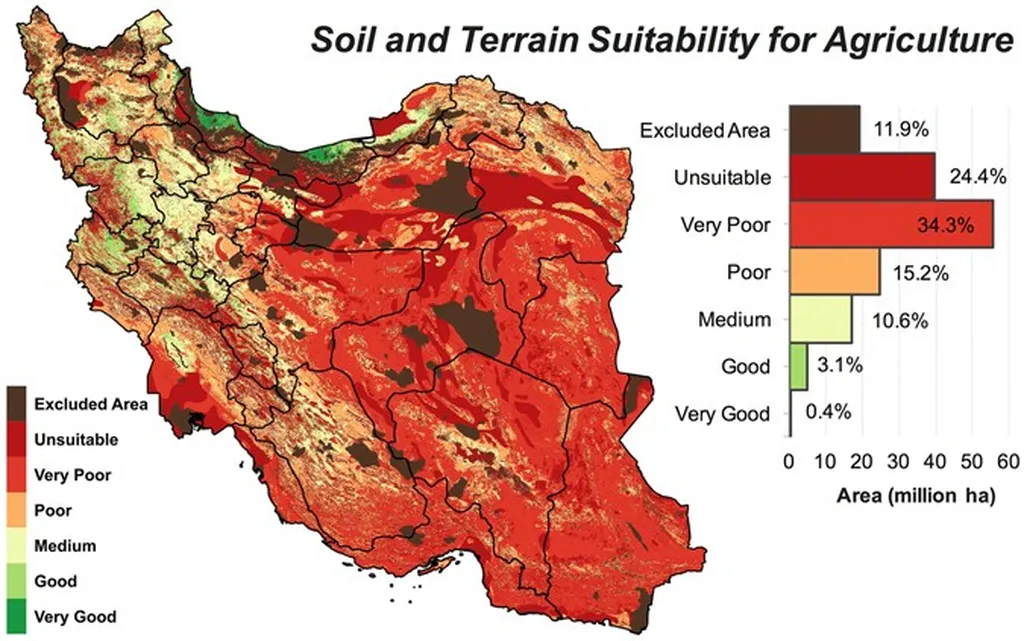In a groundbreaking study that could reshape our understanding of agricultural development, researchers have found that the knowledge-based economy significantly boosts the added value of the agricultural sector in D8 member countries. The research, led by Maryam Asadpourkordi from the Department of Economics of Natural Resources and Environment at Sari University of Agricultural Sciences and Natural Resources in Iran, sheds light on the long-term benefits of investing in education, technology, and innovation for agricultural growth.
The study, published in the journal راهبردهای کارآفرینی در کشاورزی, which translates to “Entrepreneurship Strategies in Agriculture,” analyzed data from 2000 to 2019, focusing on four key pillars of the knowledge-based economy: economic and institutional regime, education and human resources, information and communication infrastructure, and the innovation system. Using the PANEL ARDL method, the researchers estimated the impact of these indicators on the agricultural sector’s added value.
“Our findings reveal that while the effects of knowledge-based indicators may not be immediately apparent, they have a profound and positive impact on the agricultural sector in the long run,” Asadpourkordi explained. This long-term perspective is crucial for policymakers and investors looking to maximize the potential of the agricultural sector.
The research highlights that among the D8 countries—comprising Iran, Bangladesh, Turkey, Malaysia, Egypt, Indonesia, Pakistan, and Nigeria—Iran ranked first in the innovation index, second in the education index, third in the technology index, and seventh in the economic index. These rankings underscore the importance of a holistic approach to economic development, where education and innovation play pivotal roles.
One of the most compelling findings of the study is the significant impact of the education and human development index on the added value of the agricultural sector. “The elasticity of this index shows that investing in education and human resources can lead to substantial growth and development in agriculture,” Asadpourkordi noted. This insight is particularly relevant for countries looking to enhance their agricultural productivity and competitiveness in the global market.
The study’s implications extend beyond the agricultural sector, offering valuable insights for the broader economy. By improving the productivity of production factors through institutional and technical innovations, countries can achieve sustainable economic growth. This, in turn, can attract investment and foster a more dynamic and resilient economy.
Asadpourkordi emphasized the need for effective action in this field, stating, “It is crucial to invest more in educational centers and improve their quality to enhance the efficiency of the agricultural sector.” This call to action underscores the importance of strategic planning and long-term investment in education and technology.
The research also highlights the role of researchers in bridging the gap between scientific achievements and practical applications. By providing their findings to farmers and agricultural sector operators, researchers can contribute to the growth and development of the agricultural sector, ultimately benefiting the entire economy.
In conclusion, this study offers a compelling case for the importance of a knowledge-based economy in driving agricultural development. By investing in education, technology, and innovation, countries can unlock the full potential of their agricultural sectors and achieve sustainable economic growth. As the world continues to grapple with the challenges of climate change and food security, the insights from this research could not be more timely or relevant.

